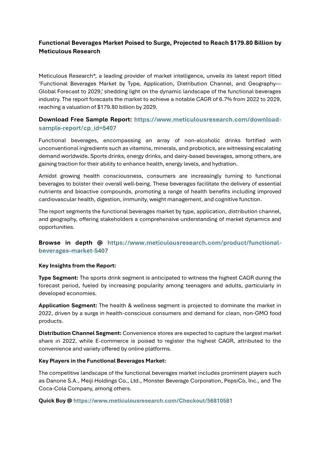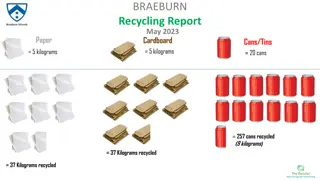
Benefits of Bt Cotton in Agriculture
Bt cotton, a genetically modified crop containing Bacillus thuringiensis genes, offers effective insect resistance, increased yields, reduced pesticide use, and improved livelihoods for farmers. Its global adoption showcases agricultural biotechnology's potential for sustainable farming practices.
Download Presentation

Please find below an Image/Link to download the presentation.
The content on the website is provided AS IS for your information and personal use only. It may not be sold, licensed, or shared on other websites without obtaining consent from the author. If you encounter any issues during the download, it is possible that the publisher has removed the file from their server.
You are allowed to download the files provided on this website for personal or commercial use, subject to the condition that they are used lawfully. All files are the property of their respective owners.
The content on the website is provided AS IS for your information and personal use only. It may not be sold, licensed, or shared on other websites without obtaining consent from the author.
E N D
Presentation Transcript
Bt Cotton by Subhamita Das
Introduction Bt cotton is a genetically modified variety of cotton that contains genes from the bacterium Bacillus thuringiensis (Bt). These genes produce proteins known as Bt toxins, which are toxic to certain insect pests, particularly bollworms. Bt cotton was developed to combat the devastating damage caused by insect pests to cotton crops, leading to increased yields and reduced reliance on chemical pesticides.
Advantages Effective insect resistance against major cotton pests. Increased yields and improved crop productivity. Reduced pesticide use and environmental impact. Ease of cultivation and lower management efforts. Improved livelihoods for cotton farmers. Global adoption contributes to the cotton industry. Showcases the potential of agricultural biotechnology.

















